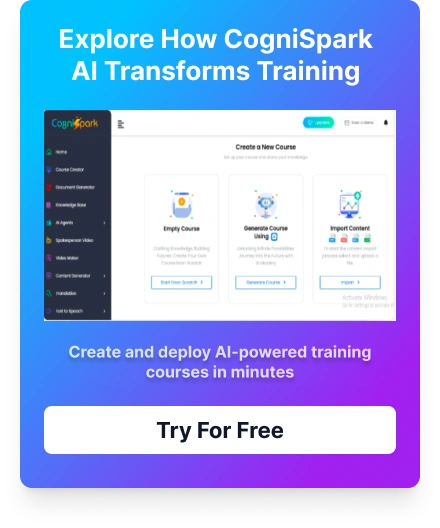Introduction:
A developing trend influencing how we study and teach is the use of technology in education. Speech-to-text converter for online is among the most promising technologies in this industry. In online education, these tools are being utilized to enhance accessibility, note-taking, language acquisition, and evaluation. In this blog, we shall examine the numerous applications of voice-to-text converters in online education and their advantages and drawbacks.
How Speech to Text Converters for Online Education can Improve Accessibility
Learning has become more inclusive and accessible for students with impairments, thanks to online schooling. One of the most valuable technologies for allowing students with hearing or vision impairments to engage in online classes and access educational resources is speech-to-text converters. These programs translate audible voices into text convertor, enabling students to follow along and participate in class discussions while reading. This is especially helpful for hard-of-hearing students who might need help following the lecture without captions or subtitles. Additionally, to make podcasts and videos more widely accessible, captions for them may be produced using speech-to-text converters.
The Advantages of Using Speech to Text Converters for Online Education
While taking notes is essential to learning, keeping up with a lecture or presentation’s speed can be brutal. To focus on absorbing the information rather than taking notes, speech-to-text converter online can assist students in transcribing lectures and presentations in real time. Additionally, transcriptions made using voice-to-text converter may be saved for later review, making it simple for students to go back and examine their notes. This can be especially helpful for those who learn best visually and would instead read notes than listen to recordings.
Speech to Text Converters in Online Language Learning: An Innovative Approach
The process of learning a new language can be difficult and time-consuming. A speech-to-text converter online may enhance language acquisition by giving pupils immediate feedback on their pronunciation and accent. With these tools, students may compare their pronunciation to that of a native speaker by having spoken words converted into text. To make podcasts and videos more widely available, subtitles may also be produced using a voice-to-text converter. Students who learn best visually and prefer to read notes rather than listen to recordings may find this very helpful.
Speech to Text Converters in Online Assessment and Evaluation
Thanks to online education, students may now be evaluated in many ways, such as through written examinations, oral presentations, and group projects. By typing the spoken words into writing, speech to text converter online may be used to assess oral presentations and group projects. This enables teachers to provide students with specific comments on their pronunciation, accent, and grammar. To make podcasts and videos more widely available, subtitles may also be produced using voice-to-text converter. Students who learn best visually and prefer to read notes rather than listen to recordings may find this very helpful.
Conclusion:
The new technology known as speech-to-text converter is revolutionizing how we study and teach. In online education, these tools are being utilized to enhance accessibility, note-taking, language acquisition, and evaluation. They provide a variety of advantages, including more excellent feedback, enhanced productivity, and improved engagement. It’s crucial to remember that speech-to-text converter online has some restrictions. These instruments are to be used wisely and with precautions for optimum results.





















